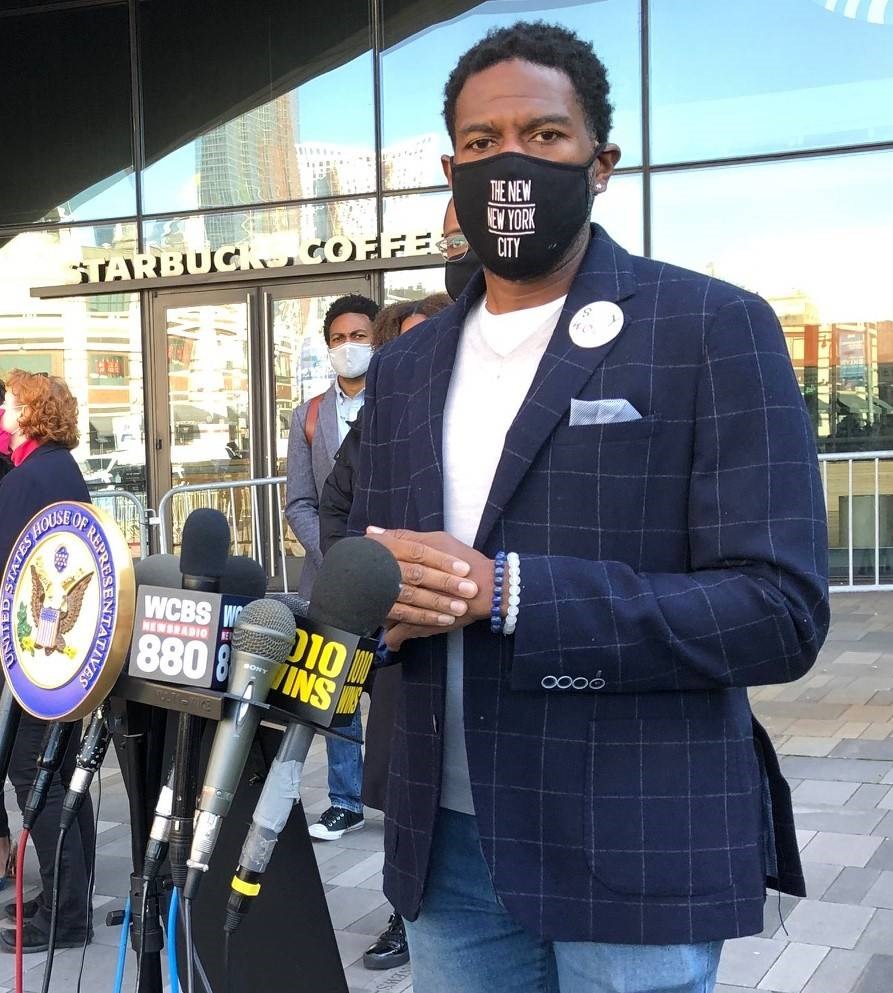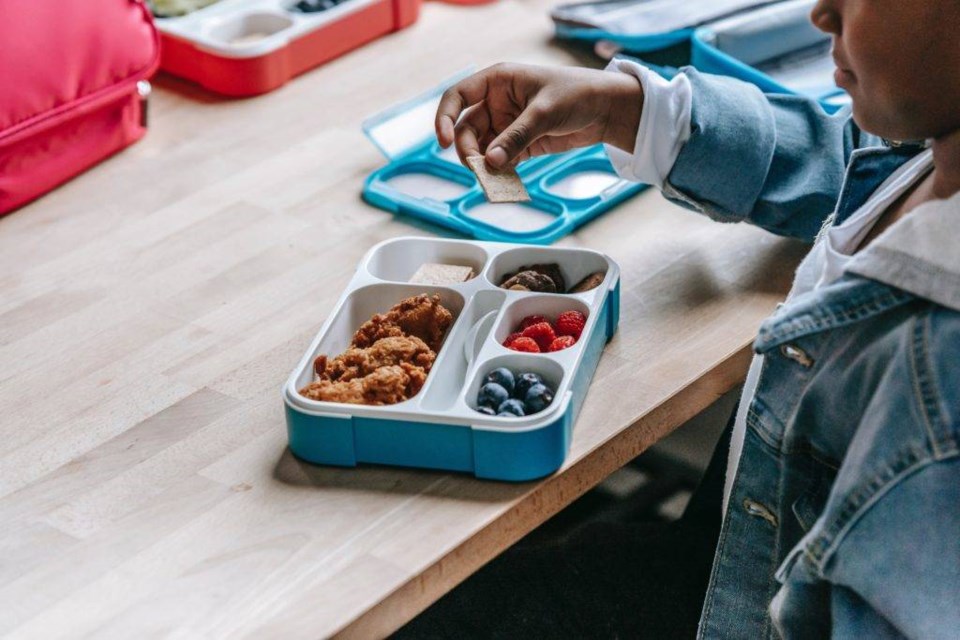For thousands of New York City families, meals in schools are a reliable and relied-upon source of food for their children.
So when the coronavirus pandemic hit and schools were closed, there was widespread concern over huge numbers of students who would miss out on the daily meals. As existing food insecurities were exacerbated by the virus's toll on the economy and people's abilities to venture outdoors, the risk of families going hungry increased.
In response, the Department of Education began providing free to-go meals at more than 1,000 public locations across the city.

But for Public Advocate Jumaane Williams, the "wait-and-see approach" of what would be provided to students wasn't good enough. In order to have systems in place for future emergencies, Public Advocate Jumaane Williams last week introduced a bill to the City Council that would create a plan to feed students under the age of 21 in the event of school closures ordered by the governor, mayor or schools chancellor.
Intro 2057 would require the Office of Emergency Management to create the plan and would ensure the DOE, which already provides free breakfast, lunch, and dinner to public school students during the school year, would continue to provide these meals if schools were closed. In addition, Williams also pushed for Intro 1987 which would create a task force for reviewing city agencies' emergency plans.
"The bills before the committee today are intended to be proactive measures in the face of crisis," Williams said during a virtual hearing of the Committee on Fire and Emergency Management.
"New Yorkers deserve immediate answers. Instead, what we saw and heard was a wait-and-see approach. This cannot be the standard in the future whether it is another pandemic or natural disaster, New Yorkers need assistance and assurance of leadership."
Brooklyn Borough President Eric Adams reiterated Williams' concerns to BK Reader, saying the pandemic caught the city flat-footed, and nowhere was that more evident than in schools.
"This pandemic is not likely to be the only major crisis our city faces in our lifetimes, and we must ensure we are better prepared when the next pandemic, or natural disaster, or other unexpected event arrives," he said.
"Particularly because we know from the experience of the past ten months that disruptions to city services fall hardest on our historically disenfranchised communities, including our immigrant and low-income neighbors in need."
Over one million city residents live in food insecure households, Food Bank NYC reports. A 2018 report conducted by the nonprofit found food insecurity was highest in Brooklyn, with the most food insecure neighborhoods being Brownsville, Bed-Stuy, East Flatbush, East New York, Crown Heights, Prospect Heights and Flatbush.
COVID-19 has caused a spike in New Yorkers utilizing food pantries, with 32% of New Yorkers facing food insecurity and turning to food banks, a 250% increase according to Robin Hood Poverty Tracker. The vast majority of these households are Black and Brown.
Before the pandemic, one in three New Yorkers reported food insecurity.
Councilmember Farah Louis, who represents Brooklyn's District 45 and co-sponsored the bill, said with economic and food insecurity at an all-time high, more students depended on the meals served in public schools.
"Our children's success depends on our ongoing efforts to end poverty, homelessness and hunger," she said, adding she supported the bill because it built upon existing infrastructure to address the most immediate need in communities across this city.
"It is imperative that we continue to expand the capacity of the school personnel who work tirelessly to close the gaps within and beyond the classroom."
Hunger Free America CEO and Brooklyn resident Joel Berg the city deserved "great credit for taking bold, rapid action to substitute for school meals when schools suddenly closed," but Williams was correct in calling for a more comprehensive plan.
For information on free meal options for students, visit schools.nyc.gov/freemeals or nyc.gov/getfood for more general information about food distribution during COVID.




